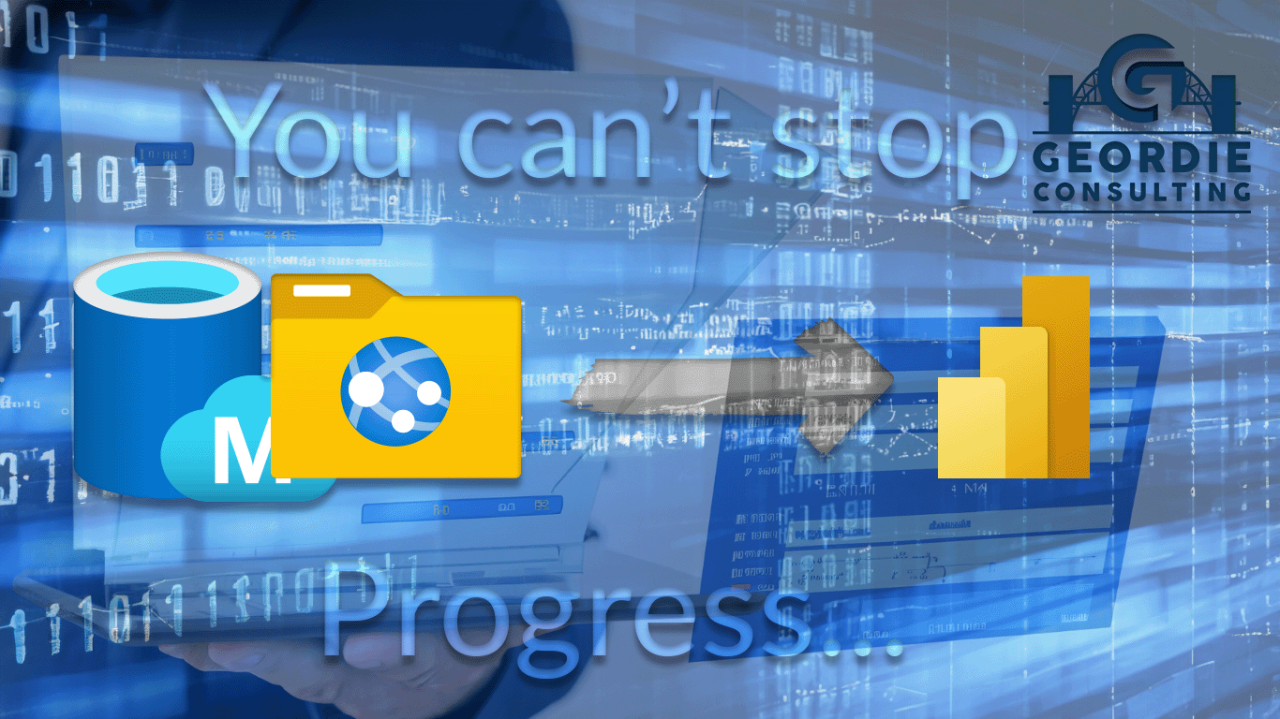
There is a significant shift underway in the world of data, one that we may not be fully discussing. It’s crucial for us to be aware of these changes, rather than dismissing them as mere article fodder. This shift is real and it’s shaping the way we work with data.
Let us go back to the 2000s; everything was deployed on-premises, and the cloud was emerging as a thing, but it was not something most businesses were keen on for their daily operations. The outcome was that clients would have a variety of solutions in their own data centres to which we would need to connect. You may get lucky, and there was an offline copy, but often, you were writing scripts to get data from databases (very frequently SQL, but other languages do exist). Those scripts and their extracts usually CSV or XLS were what a large part of all analysis was done (I don’t want to put an actual figure here as people will say it is too high or too low). Additionally, there was a range of Database-based tools; Microsoft SQL Server Report Services (SSRS) and Microsoft SQL Server Analysis Services (SSAS) are some great examples. The result, however, was that most data came from Databases owned by the business.
Fast-forward to now, and let’s skip the whole “Self-Service Analytics” transition discussion today. The rise of the cloud means that our access to data is increasingly coming from “The terms of the contract.” That is increasingly meaning “An API.” In the last couple of projects we have worked on, the overwhelming majority have required data to come from APIs or file exports for core line-of-business systems. Is database access becoming a rarity?
Power BI can handle the change; we often write API connections and SharePoint online folders to process data flows, but we still miss using databases as much as we did before. The Power Query engine that has always been the core of the Power BI platform is in many ways the hidden star of all this; from the point of view of “M” ” database or File is the same; the scripts will adapt and deliver the results. The challenges faced and skills needed are different for database vs file processing; the end results, though, are always the same: an optimised model for Analysis.
Geordie Consulting is a boutique Power Platform Consultancy based in the middle of Newcastle-upon-Tyne, UK. We support our global clients to harness the full power of their data through semantic modelling, reporting, process mining, apps and automation. We offer comprehensive training to empower your teams to confidently use, maintain, and develop your organisation’s data capabilities.
